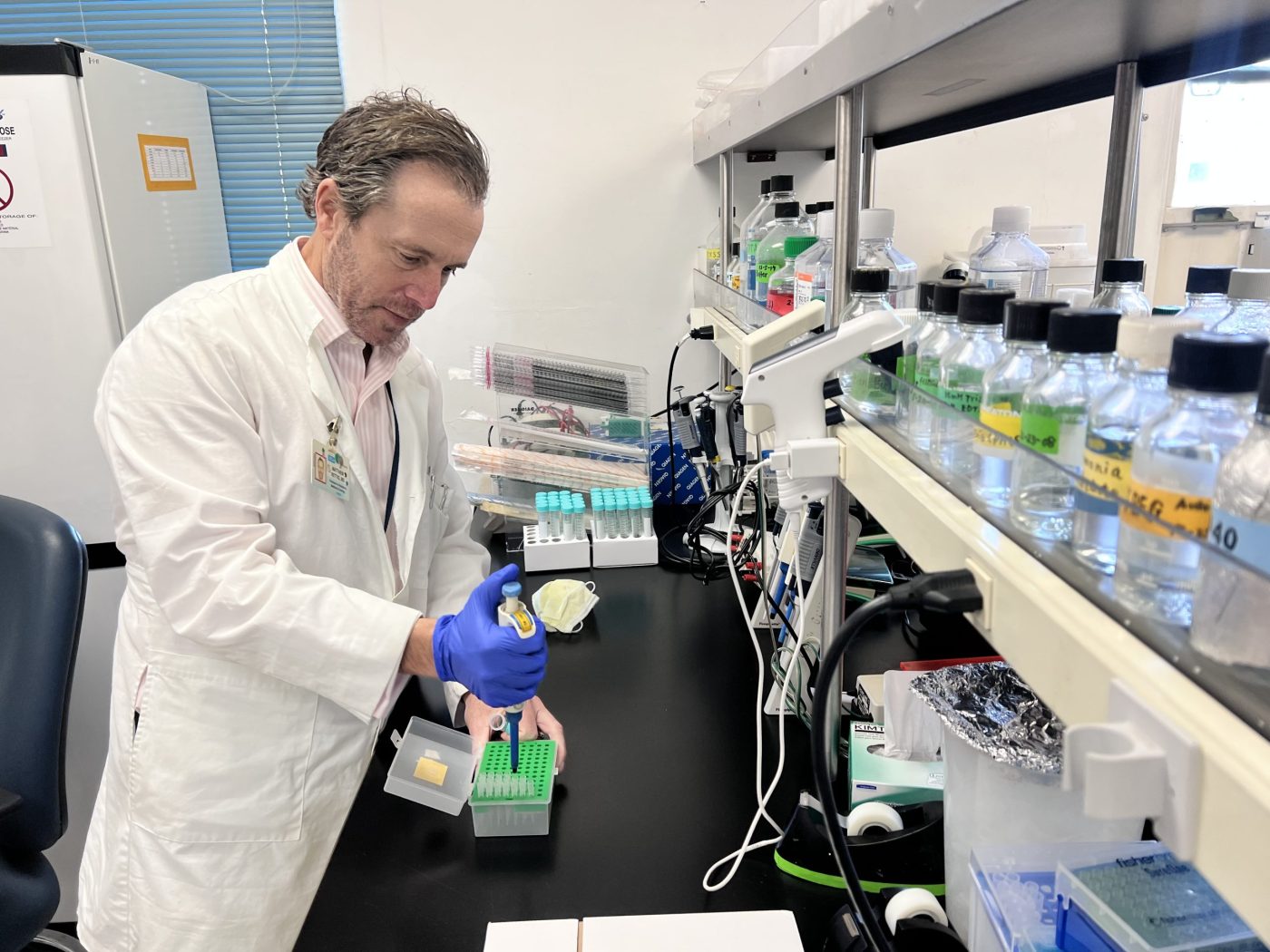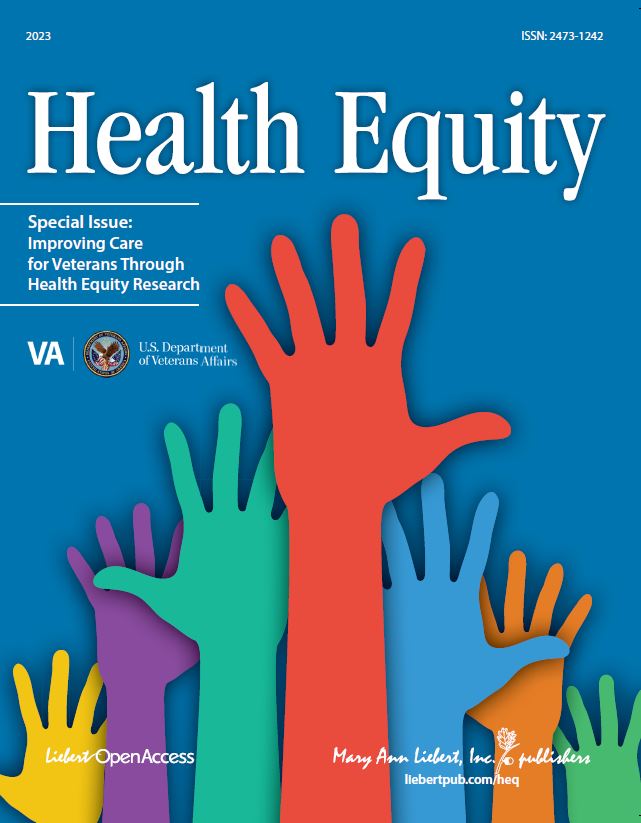With a focus on improving access to mental health care for Veterans living in rural areas, VA launched a pilot telehealth program today that will give rural Veterans with post-traumatic stress disorder remote access to psychotherapy and related services.
VA’s Office of Rural Health, in partnership with VA’s Quality Enhancement Research Initiative, is supporting the Telemedicine Outreach for PTSD (TOP) program to deliver therapy and other care through phone and interactive video contact.
“Our researchers have worked diligently in recent years to establish the safety and efficacy of PTSD psychotherapy delivered remotely, ensuring Veterans will get the same quality of PTSD care as if they were in a doctor’s office at a VA medical center,” said VA Secretary Dr. David Shulkin. “We are excited to see this program help greater numbers of Veterans living in rural areas and pleased that it will save them time and effort to get to a VA facility that is far from their homes.”
Dr. John Fortney, a research health scientist at the VA Puget Sound Health Care System in Seattle, Washington, is leading the project.
“Long travel distances to urban areas can be a major barrier to care for rural Veterans,” Fortney said. “In a prior trial, we were able to use telehealth technologies successfully to engage Veterans in evidence-based, trauma-focused therapy without their having to travel to a distant VA medical center.”
To date, more than 500 rural Veterans who are not receiving specialty PTSD care have enrolled in the study. The participants may choose between the two main forms of evidence-based, trauma-focused psychotherapy used in VA: cognitive processing therapy and prolonged exposure therapy.
Veterans participating in the program receive frequent phone calls from a care manager who helps them access services provided by off-site psychiatrists and psychologists. The psychotherapy is delivered via interactive video from a VA medical center to a community-based outpatient clinic (CBOC) or to the Veteran’s home. The telephone care manager also monitors the Veterans’ progress and helps them overcome barriers to care.
The program includes 12 CBOCs across the nation in Charleston, South Carolina; Iowa City, Iowa; Little Rock, Arkansas; Denver, Colorado; San Diego, California; and Seattle. The results, which will be available in 2020, will lay the groundwork for national implementation of the TOP program.
To learn more about VA research on PTSD, visit www.research.va.gov/topics/ptsd.cfm.
Topics in this story
More Stories
On Thursday, June 20, 2024, VA joined more than 20 federal agencies to release its updated 2024-2027 Climate Adaptation Plan.
As part of a new research study that began July [...]
WASHINGTON ― The Department of Veterans Affairs Office of Research [...]







Since September of 2017, the program either has not worked or the entire system is down. I had appointments for a while where we could get spotty connection, but then the sound stopped. I spoke with technicians every week trying to fix it (I spoke with them far more than my therapist). In six months time, I have only had two appointments successfully get through (it was down again last Monday). In my opinion, this is an unacceptably low standard.
I’m Intersted